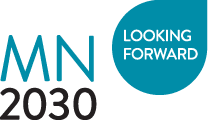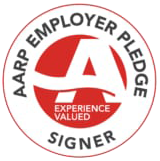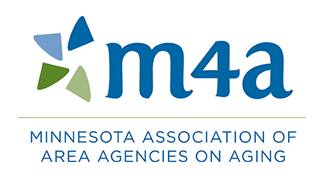Medicare Open Enrollment: October 15 – December 7
October 15th thru December 7th is the 2018 Medicare Open Enrollment period. Robin Thompson, Information and Assistance Director with the Senior LinkAge Line®, reminds us that, “This is the time of year that people on Medicare should be evaluating their coverage for 2018.” She goes on to say, “There are only a few special circumstances when a person can make a plan change beyond these dates, so it is important to use this time to make the best decision possible for you.”
Every year after open enrollment ends, the Senior LinkAge Line® receives calls from people who failed to open their mail and read about their current drug plan changes for the coming year. It isn’t until the first bill for the new year is received, or the beneficiary, is charged more at the pharmacy, that they realize their plan has changed. For most of these beneficiaries it is too late to make a change for that year. Since there are so many changes every year, the Senior LinkAge Line® recommends that each person review their options for the next year and open and read every piece of mail received from their plan.
A few reasons to consider a “re-evaluation” of your Part D plan:
- Monthly premiums for each plan will most likely change
- Your medication list may have changed in the last year
- Plan formularies (the list of drugs covered by the plan) may change and the cost-sharing may change (amount you pay for the drug under a plan)
- You may be eligible for the “extra help” offered to pay premiums and reduce co-pay amounts (applications are accepted at any time of the year)
Using the official Medicare.gov prescription plan comparison tool, which can be found at www.medicare.gov , allows beneficiaries to view a clear comparison of their current plan with other plans available in 2018. The plan comparison tool will present the cost of the individual’s medications in each plan offered in Minnesota. With this knowledge, a person can make a sound decision on a drug plan and prepare for the coming year with confidence and peace of mind.
 If you or someone you know needs help evaluating their coverage, contact the Senior LinkAge Line® at 1-800-333-2433. The Senior LinkAge Line® is a free statewide service of the Minnesota Board on Aging and Area Agencies on Aging. Specialists provide one-to-one assistance with helping older adults age well and live well. The Senior LinkAge Line® is the federally-designated State Health Insurance Assistance Program (SHIP) for Minnesota and is the place to call for Medicare and health insurance issues. Call 1-800-333-2433 for assistance Monday through Friday from 8:00am to 4:30pm.
If you or someone you know needs help evaluating their coverage, contact the Senior LinkAge Line® at 1-800-333-2433. The Senior LinkAge Line® is a free statewide service of the Minnesota Board on Aging and Area Agencies on Aging. Specialists provide one-to-one assistance with helping older adults age well and live well. The Senior LinkAge Line® is the federally-designated State Health Insurance Assistance Program (SHIP) for Minnesota and is the place to call for Medicare and health insurance issues. Call 1-800-333-2433 for assistance Monday through Friday from 8:00am to 4:30pm.

 Dementia Friends is a global movement that is changing the way people think, act, and talk about dementia. Developed by the Alzheimer’s Society in the United Kingdom, the Dementia Friends initiative is underway in Minnesota. By helping everyone in a community understand what dementia is and how it affects people, each of us can make a difference for people touched by dementia.
Dementia Friends is a global movement that is changing the way people think, act, and talk about dementia. Developed by the Alzheimer’s Society in the United Kingdom, the Dementia Friends initiative is underway in Minnesota. By helping everyone in a community understand what dementia is and how it affects people, each of us can make a difference for people touched by dementia. The Minnesota Board on Aging, in partnership with the Minnesota Department of Human Services, is looking ahead to the year 2030, and here’s why:
The Minnesota Board on Aging, in partnership with the Minnesota Department of Human Services, is looking ahead to the year 2030, and here’s why:


